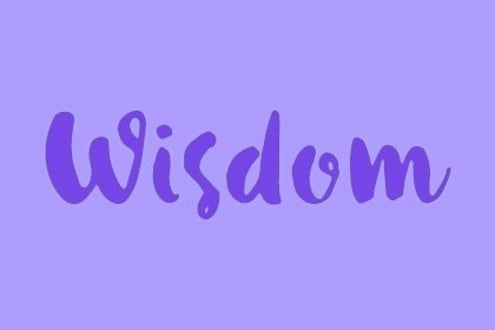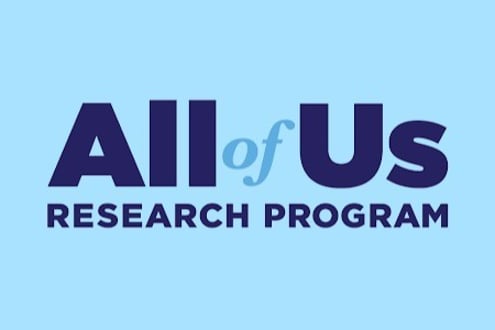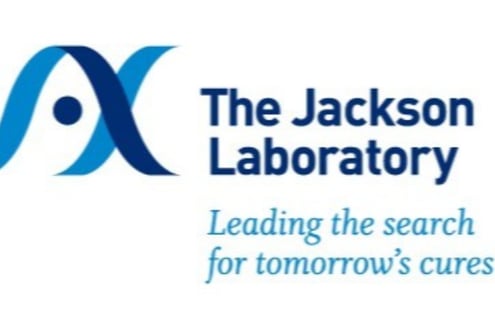Inherited Mutations and Hereditary Cancer
Inherited and Acquired Mutations
damage and gene mutations
Genes are made up of . Gene mutations are caused by damage to our . Cells have tools to repair damage. If it cannot be repaired, the body has ways to remove the damaged cell so that it cannot divide and create more damaged cells. This system isn't always perfect, and damage and gene mutations can build up in cells. Over time, this can lead to cancer.
- Cancers in people who do not have an are called "sporadic" cancers.
- Cancers in people who do have an are called "hereditary" cancers.
Acquired mutations and sporadic cancers
"Acquired" mutations happen after a person is born. They are caused by “wear and tear” on genes over time. Some causes of acquired mutations include:
- aging
- exposure to hormones
- exposure to toxins in your environment
- certain viruses
When a cell with damaged genes divides, the resulting cells will contain the same mutations. These can acquire additional damage, which is passed on to the next generation of cells. In this way, cell damage can build up over a person's lifetime leading to cancer.
With sporadic cancers, normal cells gradually acquire mutations. Over time this can lead to cancer.
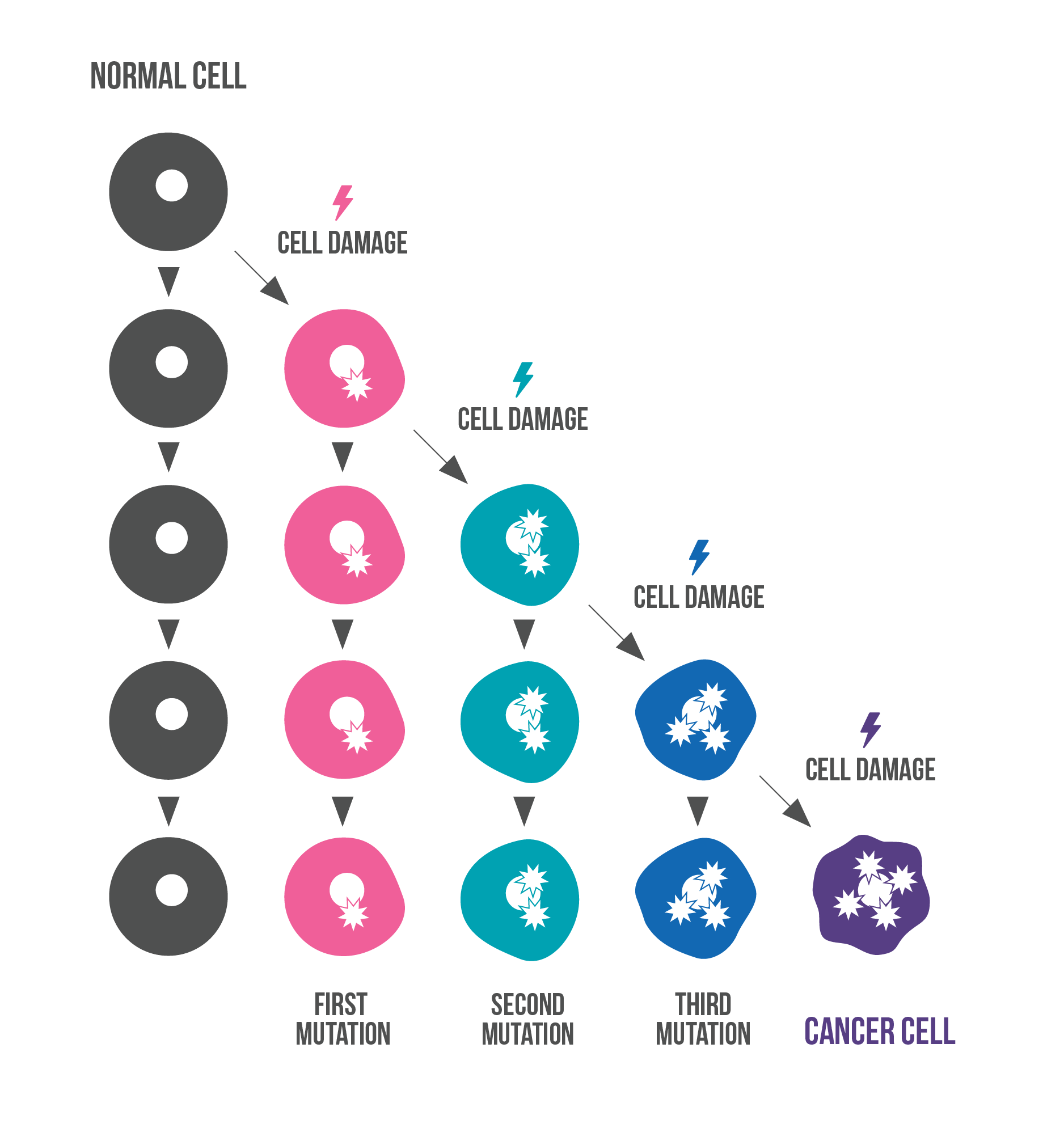
Inherited mutations and hereditary cancers
Most genes come in pairs—one copy comes from each parent. Sometimes, a parent may pass a damaged gene with a mutation to one or more of their children. The children with this mutation can pass it to each of their children. A gene mutation that is passed from a parent to their child is called an "." Inherited mutations can increase your risk for certain diseases like cancer.
People with inherited mutations are born with one already damaged gene in all of the cells in their body. This means fewer steps for cancer to develop. Inherited mutations do not always cause cancer. When you inherit a mutation from one parent, you still have a normal copy of the same gene from your other parent.
With hereditary cancers, the first mutation is present from birth. Additional mutations build up over time, which can lead to cancer.
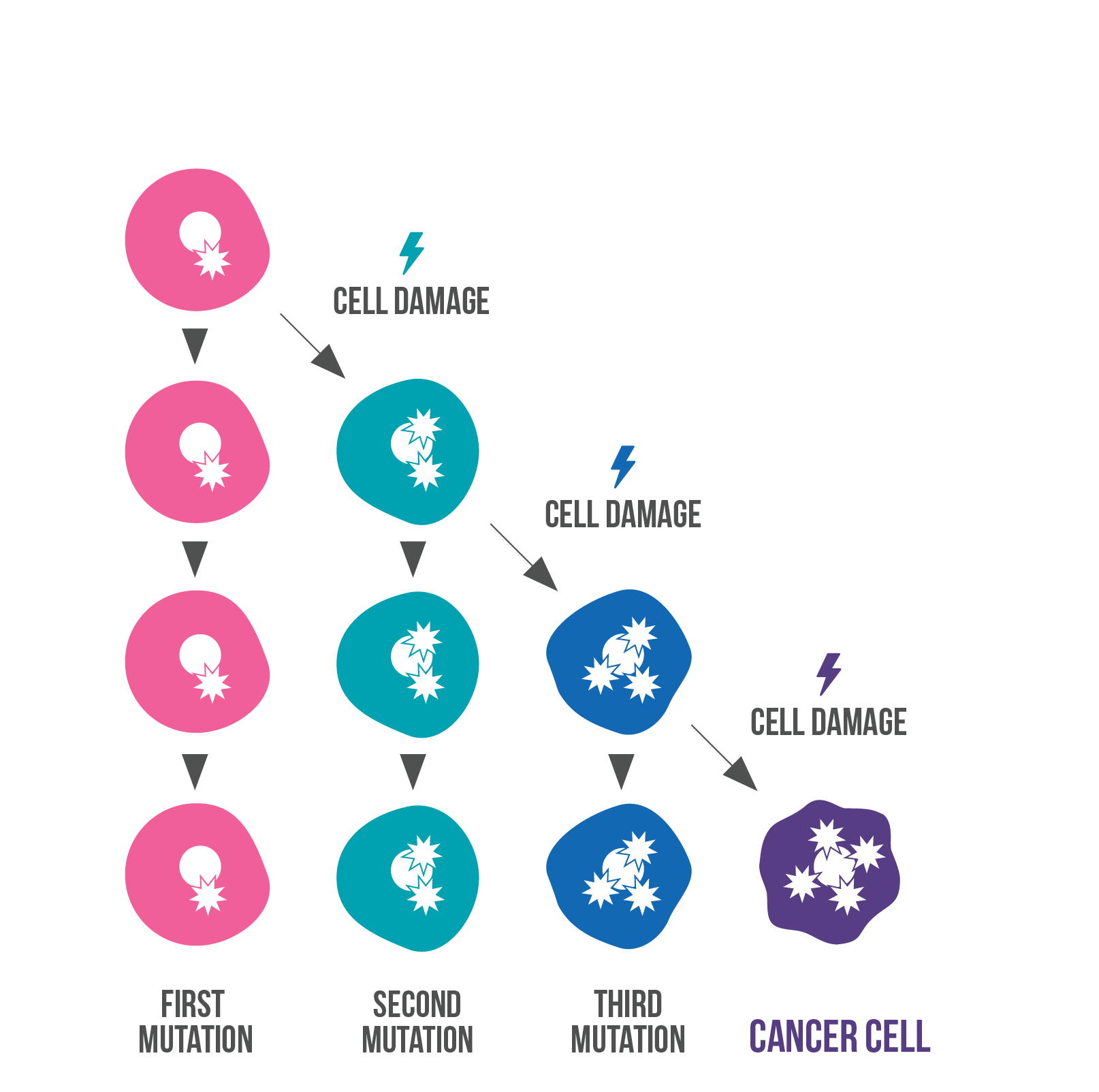
damage repair genes
Certain genes are important for repairing damage. These genes are sometimes referred to as " damage repair" or "DDR" genes.
- In normal cells, mutations in damage repair genes increase the chance that the cell will become cancer. This is why inherited mutations in genes that repair damage increase the risk for cancer.
- In cells that are already cancerous, mutations in damage repair genes can keep the cells from repairing damage caused by treatment. This means that cancer cells with mutations in these genes may be more sensitive to certain treatments.
More Information on Genes and Cancer
How Mutations are Inherited
Learn about how inherited cancer risk are passed on from generation to generation.
Signs of an Inherited Mutation
These signs may indicate that the cancer in your family is hereditary.
Participate in Genetics Research
Below are some of our featured research studies looking at genetic testing. To search for additional studies, visit our Search and Enroll Tool.
